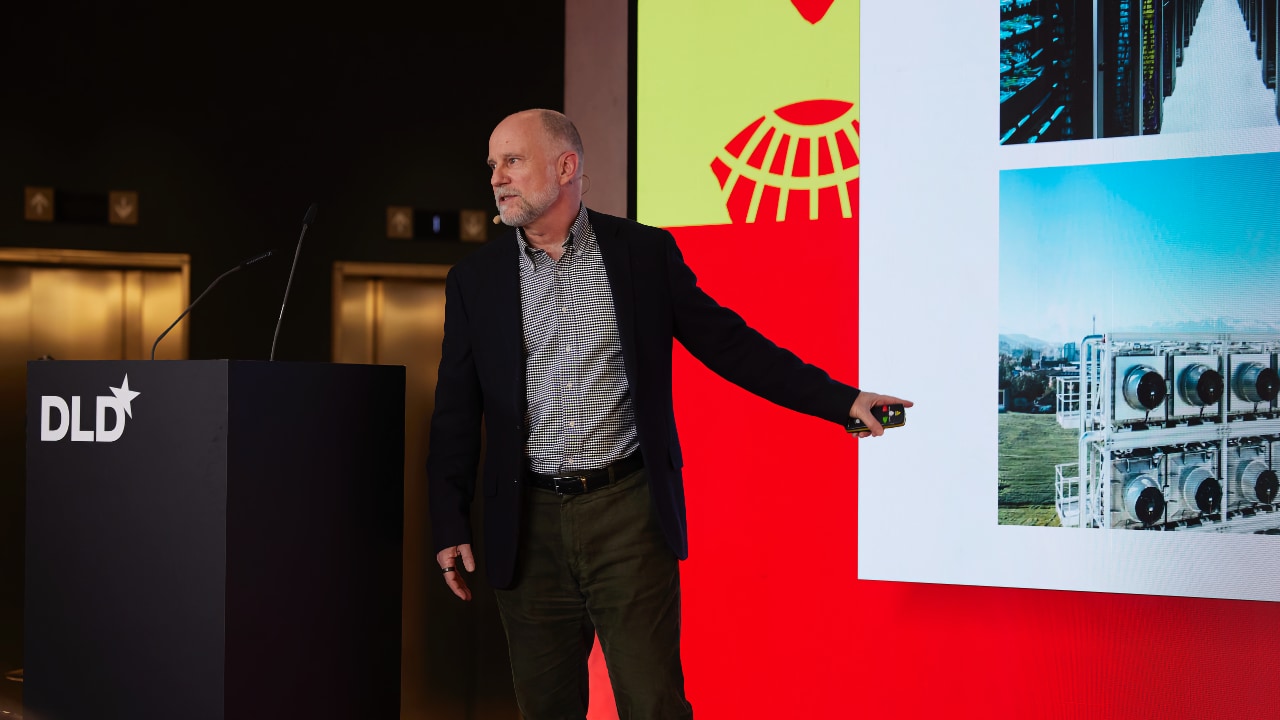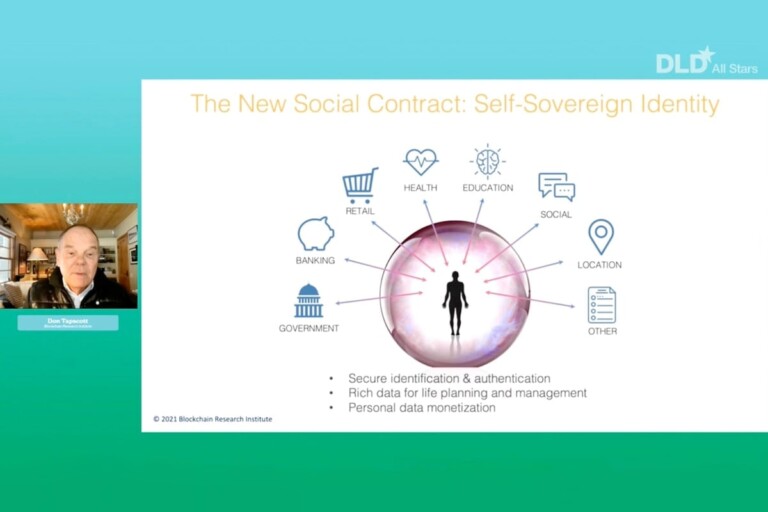Human progress is fundamentally linked to energy breakthroughs, prominent investor Albert Wenger, a Partner at Union Square Ventures, vividly illustrates in his DLD25 presentation.
“You cannot be a wealthy, low-energy country”, Wenger declares, as he’s showing a chart that shows how GDP per capita correlates with energy consumption.
Wenger explains how fire enabled humans to extract more calories from food, fueling larger brains and setting us apart from other species. Agriculture, the second breakthrough, centralized food production and enabled the rise of large societies, while fossil fuels powered the industrial revolution, ushering unprecedented growth.
“I’ve given you three big breakthroughs in human history that came where progress was made because we made a breakthrough in energy”, Wenger says.
Today, we face what Wenger calls “the low-energy trap.” After the 1970s oil crisis the focus shifted to energy conservation, resulting in a period of linear, rather than exponential, growth in energy production.
This is problematic, Wenger argues, because modern society demands ever-increasing amounts of energy for data centers, electrification, and even space exploration. “We need way, way, way more energy than we have today”, he argues.
The good news is that solar energy deployment is growing exponentially worldwide. “It’s still small relative to everything else”, Wenger notes, “but when you have exponential growth, you get very far very quickly. This is really fantastic news.”
Overcoming the volatility of renewable energy generation will require immediate action on multiple fronts. “Build, baby, build”, Wenger demands, advocating for massive expansion of energy storage, new energy technologies, reactivation of nuclear power, continued but cleaner use of fossil fuels, and carbon capture solutions.
Ultimately he is optimistic: “Because we have this exponential growth of solar energy, if we do it right and we complement it with these other technologies and breakthroughs, we can live in this awesome high-energy future”, Wenger says. “This is the future we should all want to live in.”



